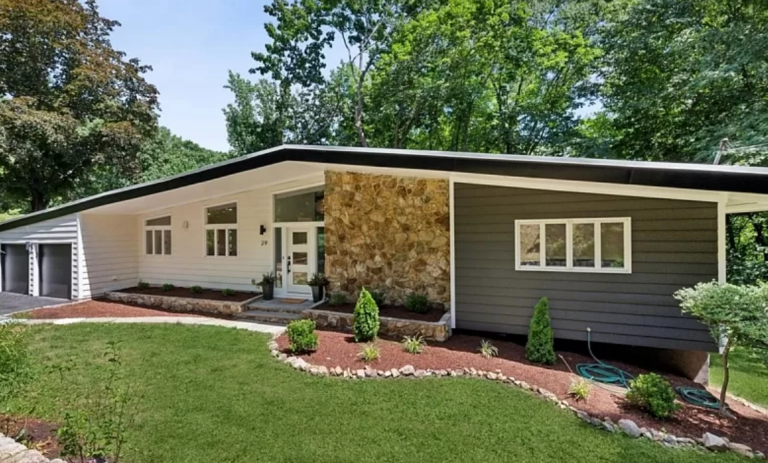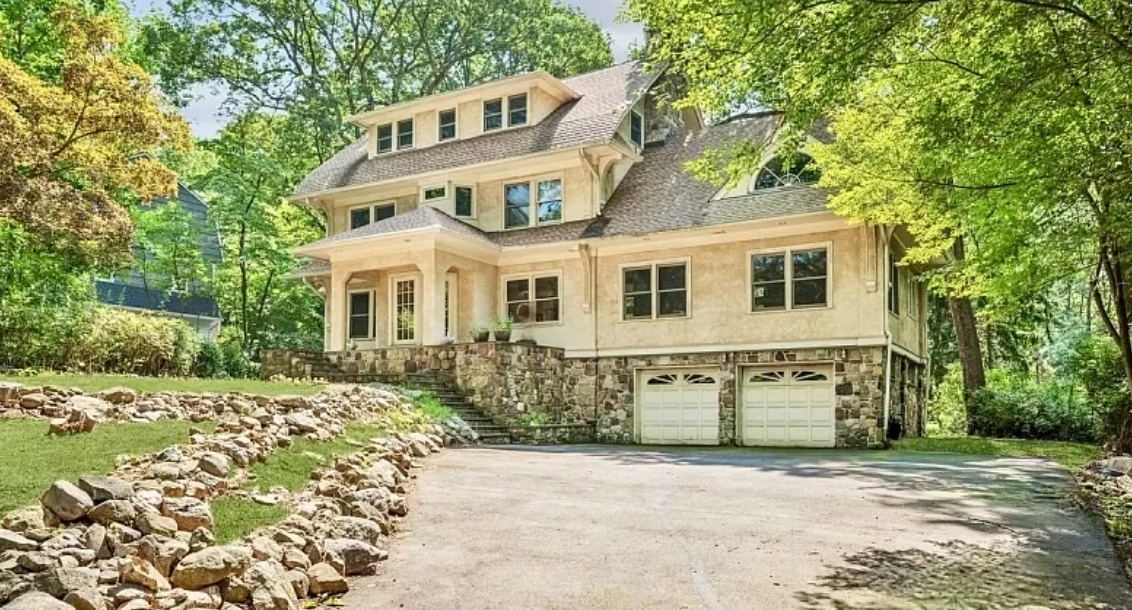- Include HOA fees, property taxes, insurance, and maintenance costs to fully understand the financial aspects of buying a home in New Jersey.
- Ask about any renovations and the time on the market to confirm it meets your needs.
- Check for safety hazards, upcoming developments, utility costs, and included appliances to make a confident purchase decision.
Did you know that New Jersey boasts the third-best public schools in the United States? This fact makes it a wonderful place to start a family and build a life. With its charming towns, beautiful landscapes, and a strong sense of community, the Garden State truly feels like home.
If you’re planning to settle down in the city, here are ten important questions to ask that will help you find the perfect New Jersey home.
1. What Is Covered by the HOA Fees?
New Jersey has some of the highest homeowners association (HOA) fees in the country. While these fees might seem like an added cost, they play a role in maintaining the aesthetics of a neighborhood.
HOA fees are monthly or yearly payments that you have to make to maintain shared spaces and facilities within a community. These typically cover the upkeep of common areas and amenities like swimming pools, gyms, and landscaping. Some HOAs also use the fund for necessary exterior maintenance, including roof repairs and siding upkeep. Any excess funds contribute to reserves for major projects, helping keep the community well-maintained.
2. Are There Any Additional Costs Beyond the Purchase Price?
When buying a home in New Jersey, it’s vital to consider costs beyond the buying price. First, factor in property taxes, which can vary greatly across counties and impact your overall budget. Look through different counties and their tax rates to understand the true value of each house before making a decision.
Next, think about homeowners insurance, which protects your investment against damage. You’ll also need to budget for regular maintenance and unexpected repairs. These costs can add up quickly, so understanding them helps you prepare financially and make informed choices.
3. Have There Been Any Additions or Renovations?
Knowing what’s new, what’s old, and what might need repairs can save you a lot of headaches. Don’t forget to check if any warranties are in place. These can help if something goes wrong down the line.
Make sure any changes meet local building codes. You can do this by asking for the certificate of occupancy for any renovations. This way, you can feel confident in your investment and avoid future issues.
4. How Long Has the House Been on the Market?
You can usually find out how long a home has been on the market through listings, but your real estate agent can provide the most accurate date. A house that’s been on the market for too long may indicate issues with the property or the seller’s unwillingness to lower the asking price. However, asking these questions to your realtor can give you a clear idea about the house.
A long listing period can also work in your favor if you love the house. Sellers eager to make a sale may be more open to negotiations, allowing you to potentially secure the home for less than the asking price.
5. What Is the Neighborhood Like?
When you’re considering a home, take time to explore the neighborhood. Check out the local shopping spots, parks, restaurants, and recreational areas. This can help you gauge the community vibe. The quality and location of nearby schools and hospitals can also impact your family’s daily life.
Don’t forget to engage with potential neighbors. Finding out how they handle noise, pets, and children can give you a sense of what living there will be like. Lastly, be aware of any community rules that might affect your lifestyle, like restrictions on home improvements.
6. How Much Do Homes Sell for in the Area?
Understanding the local home prices is key when you hunt for a house. A trusted real estate agent with local experience can educate you and help you determine if the price of your desired home is fair.
Check the house’s previous selling price as well. If the seller stands to make a large profit, you may have more room to negotiate a better deal. Understanding these numbers enables you to make a smart offer.
7. Are There Plans for Future Development in the Area?
New Jersey holds significant potential for growth and development. As you explore neighborhoods, ask about any upcoming projects that could impact your lifestyle and property value. New developments, such as shopping centers, schools, or highways, can shape the community in exciting ways.
8. What Is the Monthly Cost of Utilities?
The ongoing cost of living in your home is just as important as your mortgage payments. When you look at a house, it’s a must to understand how much your monthly utilities will cost. Depending on the location and setup of the house, these expenses can significantly impact your budget.
Ask your real estate agent about the monthly utility rates during extreme weather seasons. For instance, know what you’ll pay in January in New Jersey winters or in July during the summer heat. Also, find out how the home is heated—gas, electricity, or solar power. This information helps you create a realistic monthly budget for your new home.
9. What Appliances Are Included in the Sale?
Before moving into your new home, clarify which appliances are included in the sale. You don’t want to arrive only to find basic amenities like the washing machine or refrigerator aren’t there. While many sellers typically leave behind large appliances, some might take them. Ask the agent or the seller directly about what comes with the house, as the listing may not fully detail all included appliances.
10. Are There Health or Safety Hazards?
When buying a home, it’s important to uncover any potential health or safety hazards. Sellers must disclose known issues, but make sure you ask for full disclosure and any documentation of past problems. You can also partner with a home inspector to get accurate information.
Look out for concerns like mold or pest infestations, as these can affect your health and comfort. A trusted real estate agent will guide you through these questions, guaranteeing you get the complete picture before making your decision.



